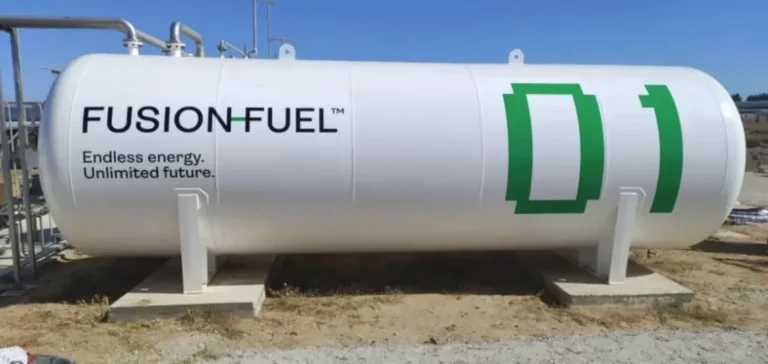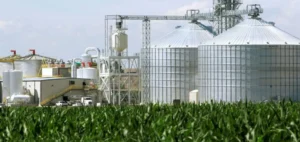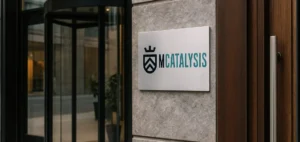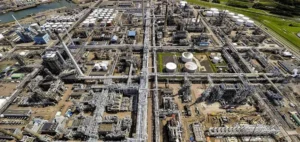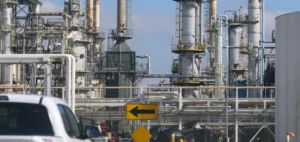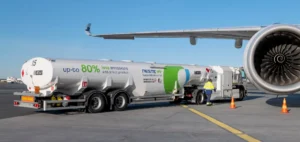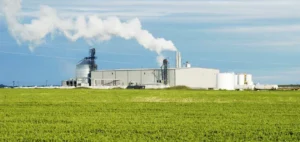Fusion Fuel Green PLC, a provider of integrated energy solutions, has signed a non-binding letter of intent with a South African fuel specialist company. The agreement outlines the creation of a joint venture to deliver an energy solution based on proprietary boiler technology. The first project, already awarded to the local partner by a subsidiary of a multinational food and beverage group, will be implemented at an industrial facility in South Africa.
Majority stake and financial terms
Under the terms of the agreement, Fusion Fuel would hold a 51% stake in the joint venture, ensuring strategic control and financial consolidation. The total investment would amount to €480,000 ($522,000), disbursed over four months, with payments tied to operational milestones. The company would also hold a right of first refusal on the partner’s future projects for two years, covering several initiatives already under development.
Return projections and technical features
The technology developed by the partner is designed for industrial applications in off-grid environments. The initial project is expected to generate around $248,000 in free cash flow in its first year, and approximately $1.27mn over five years. The agreement also provides for priority repayment of the invested capital and an annual return of 10% on Fusion Fuel’s contribution.
Next steps and strategy
Completion of the transaction remains subject to due diligence, the signing of definitive agreements, and customary closing conditions. Both parties aim to finalise the deal during the third quarter of 2025. The operation forms part of Fusion Fuel’s strategy to invest in quick-revenue projects while expanding its international footprint and technology portfolio.


